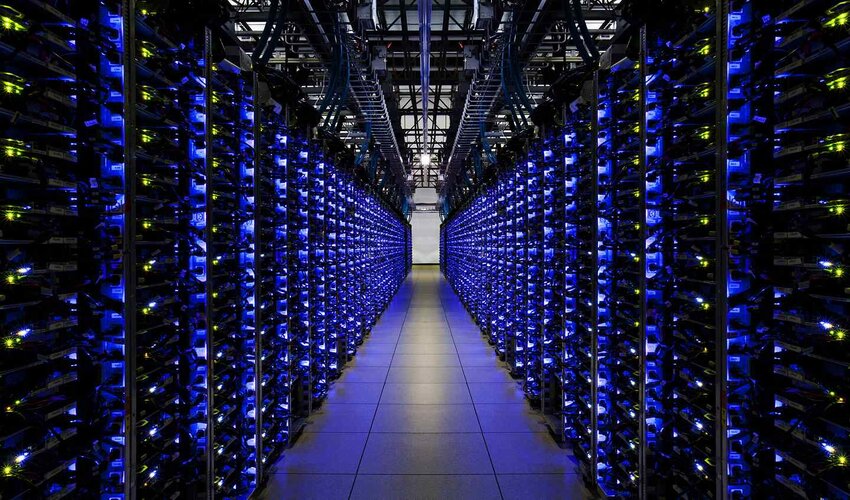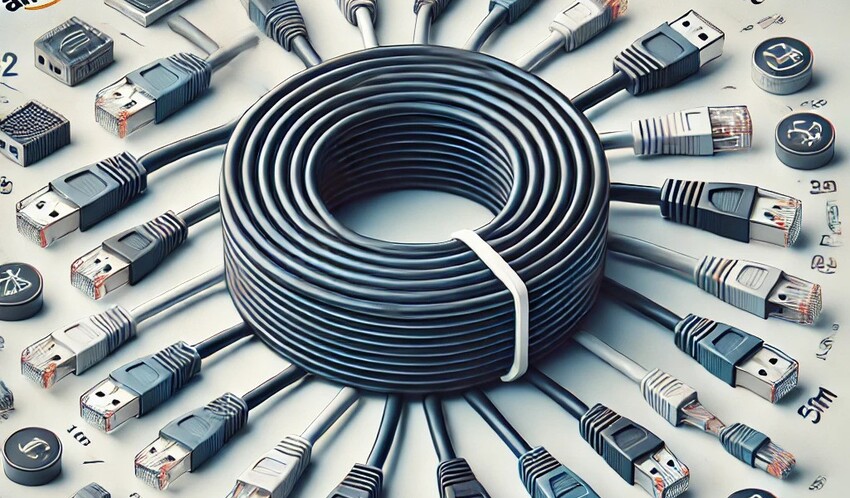In the modern world that is driven by technology servers play an important part. They’re at the heart of the digital network and make data, apps as well and services available. But, as with any complicated computer system, servers may experience glitches and malfunctions. The most frequent issue is server failures. They disrupt the operation and can cause delays, as well as cause frustration for both the administrators and users. In this comprehensive piece, we look at the many factors that result in server malfunctions that range from software issues and hardware malfunctions to problems and attacks from outside.
Getting to Know Stable Servers
Servers act as platforms where information and applications are available for users to make use of them. They are responsible for hosting website management, coordinating software, as well as keeping important information. The stability of servers is vital. The term “server crash” refers to the time the moment when a server fails suddenly to make it temporarily or permanently inaccessible. The reason for these crashes is various reasons, each having its own unique set of consequences.
Weak Links: Hardware Failures
One of the primary causes of server failures is malfunctioning hardware. Servers comprise various components, and should some of these components fail and the system is not functioning properly, it can fail.
- Hard Drive Problems Hard drives are prone to become worn out over time and can fail suddenly, causing. When a failed hard drive corrupts data, it could block servers from accessing data resulting in the server crashing. A redundant array of independent Disk (RAID) configurations can be used to minimize the risk of this by spreading data between many drives.
- Power Problems servers require an uninterrupted power source to function properly. Outages, surges of power, or fluctuations may cause damage to internal components, leading to sudden shutdowns or crashes.
- memory glitches Memory Glitches: Bad RAM (memory) modules could damage data, leading to computer crashes. This can affect the ability of servers to control data within their memory. This can affect the running application.
- Cooling Problems Servers produce temperatures while they are working. A lack of proper cooling can cause the system to overheat cause parts to fail, and even crashes to occur.
Software Bugs: Complexity and Compatibility
Software plays an important part in the stability of servers. Software that is poorly designed or not compatible could create weaknesses that can cause server crashes.
- Unsafe Software Updates Updates and patches are intended to help make servers more reliable and secure. However, unprepared or inadequately tested patches can cause new issues and problems with compatibility and cause system crashes.
- In the process of running out of resources, servers host several applications simultaneously. If one program uses excessive resources, such as memory or CPU this can cause another application to fail and eventually lead to system failures.
- Software Conflicts Servers typically use diverse software that comes from different sources. If the software components conflict or do not work together there can be crashes when they battle to co-operate.
- Memory leaks Software that is poorly coded could not be able to release memory correctly once it’s no longer required. In time, this could consume all memory available and cause the server to fail to function properly.
Network Challenges: Communication Breakdown
The servers depend on networks for communication with other servers and clients. Problems with networks can seriously influence the stability of servers.
- Faces DDoS attacks: Distributed Denial of Service (DDoS) attacks flood servers with a high volume of traffic, causing them to be unable to answer legitimate queries and leading to the server crash.
- Handling Network Congestion The high volume of network traffic, typically due to sudden increases in activity from users, may cause delays in data transmission as well as reception. If the congestion is extreme, it may lead to a server crash.
- Unusual Network Hardware It is the case that elements that comprise networks, including cables and routers, could fail. This can cause disruption to data flow between the server and it and could cause a crash.
Security Breaks The Threat From Within
Security breaches are a major danger to the stability of servers. Hackers make use of vulnerabilities in software and hardware to attack servers.
- Malware and viruses Software that is malicious may infect servers, which can lead to the theft of data, unauthorized access, or even crashing. The ransomware attack, in which the data is locked up, could also lead to servers being unable to shut down.
- Data Breach If a server’s security is compromised and sensitive information is exposed administrator may suspend the server in order to determine the extent of damage and avoid further harm.
- injection attacks This attack exploits weaknesses in web-based applications, leading to data corruption malfunctions, and even unauthorized access.
Human Mistakes: Unintended Consequences
In the world of technological advancement, human mistakes can cause server crashes. Simple mistakes can cause grave consequences.
- Configuration Errors Unstable configurations for the server or security protocols could create security holes that hackers can exploit, leading to crashes.
- Not Taking Care of Maintenance Maintenance on a regular basis such as updates, and security patches, is essential. By ignoring these, you can expose servers more vulnerable to crashes due to well-known issues.
- Insufficient Monitoring In the absence of sufficient monitoring, administrators could not be able to detect signs of issues. If they discover that something is wrong, an accident could be on the horizon.
Conclusion: Navigating the Maze of Causes
The causes of server crashes are the complex interaction between computers, software security, as well as human-caused factors. In the modern world of interconnected networks, any small interruption could have a major impact. In order to reduce the risks of crashes administrators need to take proactive action, performing periodic maintenance, monitoring the situation and security of their systems as well as testing any changes carefully. In the constantly changing technology world knowing the various causes of server failure is essential in order to keep digital services safe and secure.
AUTHOR BIO:-
I am “Kane Manik” a highly experienced content writer with a background in advertising and marketing. I am been writing copy for over 3 years and have worked with many large clients. I have a unique writing style that has been praised by critics and clients alike. Right now, I am working on my website “Service Is Down”.














Leave a Reply